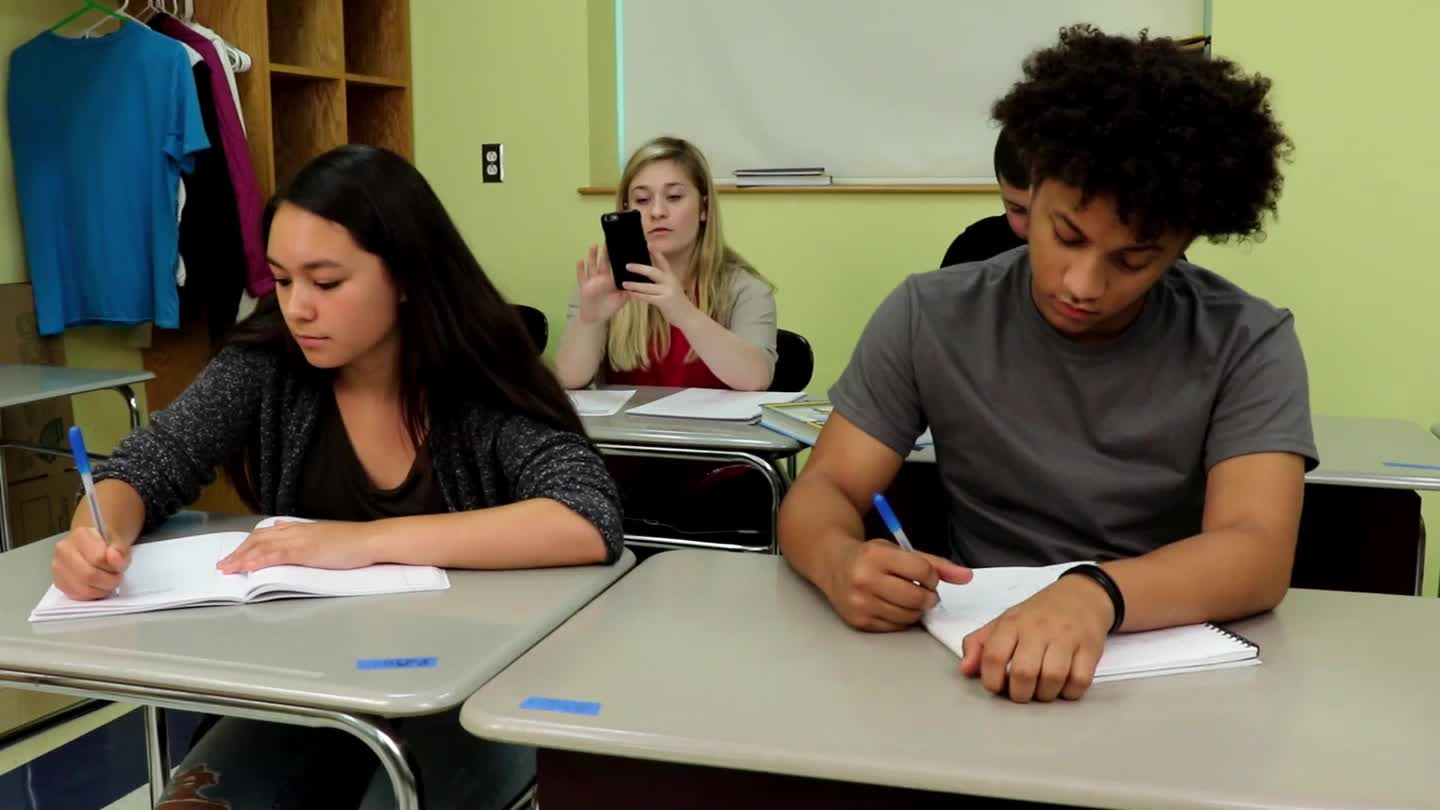
As educators, we strive to help our students develop the necessary skills to navigate social situations confidently. One such skill is the ability to adapt their behavior to different social contexts. This blog post will provide an overview of this essential skill, a no-prep activity, discussion questions, related skills, and next steps for further exploration.
Introduction
Adapting behavior to social situations is a crucial aspect of Social-Emotional Learning (SEL). This skill involves observing others, interpreting social cues, and adjusting one’s behavior accordingly. For students in special education, mastering this skill can be particularly challenging. However, with proper guidance and practice, they can learn to recognize social clues and modify their behavior to fit into various social settings.
No-Prep Activity
The “Social Detective” activity is an engaging and effective way to help students practice adapting their behavior to social situations. This activity requires no preparation or materials, making it a convenient choice for educators.
- Divide the students into small groups.
- Assign each group a specific social situation, such as a library, a noisy cafeteria, or a sports game.
- Have each group discuss and identify the appropriate behaviors for their assigned situation. Encourage them to consider factors such as noise level, personal space, and body language.
- Ask each group to present their findings to the class, explaining the appropriate behaviors for their assigned situation and why they are important.
- As a class, discuss the importance of adapting one’s behavior to different social situations and the consequences of not doing so.
Discussion Questions
These questions can be used to facilitate further discussion and reflection on the topic of adapting behavior to social situations:
- Why is it important to adapt our behavior to different social situations?
- How can we use our senses (e.g., sight, hearing) to gather clues about the appropriate behavior in a social setting?
- What are some examples of situations where you have had to adapt your behavior? How did you handle them?
- What are some challenges that students in special education might face when trying to adapt their behavior in social situations? How can educators support them?
- How can practicing this skill contribute to developing positive relationships with others?
Related Skills
In addition to adapting behavior to social situations, there are other related skills that students in special education can benefit from developing:
- Self-awareness: Understanding one’s emotions, strengths, and weaknesses can help students recognize when they need to adapt their behavior.
- Empathy: Developing empathy allows students to better understand the feelings and perspectives of others, which can guide their behavioral adjustments in social settings.
- Active listening: By practicing active listening, students can better comprehend verbal and nonverbal cues from others, helping them determine the appropriate behavior for a given situation.
- Assertiveness: Learning to communicate assertively can help students express their needs and boundaries while respecting those of others, promoting positive social interactions.
Next Steps
If you’re interested in exploring more activities and resources related to adapting behavior to social situations and other essential SEL skills, we encourage you to sign up for free samples at Everyday Speech. These materials are designed to support educators working with students in special education, providing engaging and effective tools to foster social-emotional growth.

